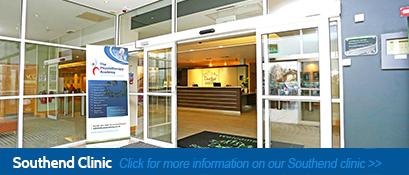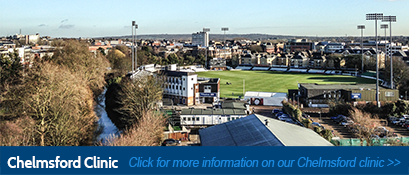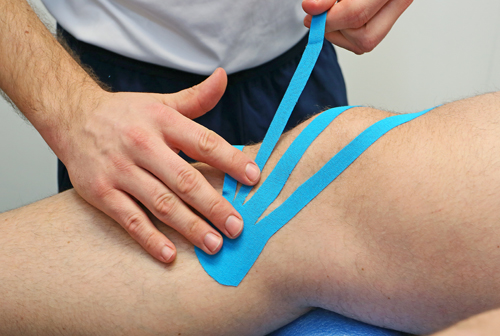Achilles tendinopathy
Pain in the Achilles is not a condition solely for sportsman, with it being seen through a range of women and men. It is normally characterised by pain and thickening in the Achilles tendon which is associated with most weight bearing activity i.e. running/walking/going up and down stairs. Some get pain at the very bottom of the Achilles where it attaches to the heel bone. With this type of pain there may be an associated ‘pump bump’ where the back of the footwear may have been rubbing on the Achilles.
Most people report early morning stiffness and pain first thing in the morning, which normally improves once the tendon has ‘warmed up’ with movement. Tendons normally become painful after being over active (i.e. an increase in the amount of activity performed) or under loaded (i.e. placed in a cast for 4 weeks). Decreased lower limb motor patterning, reduced muscle strength and muscle length asymmetry may increase the risk of developing Achilles pain. Whilst the tendons have the ability to return to normal and feel pain free, they can become chronic if untreated or continually aggravated.
What you can do:
If acutely aggravated, the use of anti-inflammatory medication, ice and compression may be of benefit. For tendons that have been irritable for a while graded exercise and heat are helpful as stiffness improves with these approaches.
How we can help:
Physiotherapy treatment consists of soft tissue Massage joint mobilisation techniques, taping techniques, acupuncture, electrotherapy and exercise prescription.
Benefits of treatment include:
-Reduced pain
-Improved everyday function
-Less stiffness
-Able to play sport with less limitations from pain.
Call or email today if you have any questions about your injury or if you want to book in to see one of our physiotherapists.
To arrange an appointment or speak to a physiotherapist, call or email on:
Southend on Sea: 01702 521 042 or info@physioacademy.co.uk
Chelmsford: 01245 254 069 or chelmsford@physioacademy.co.uk





























